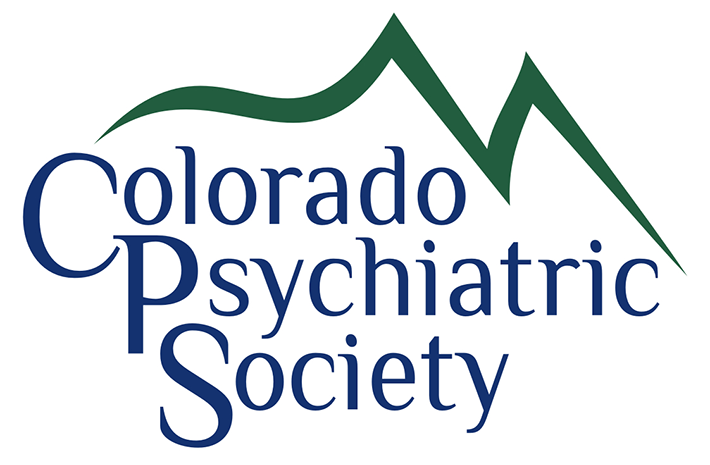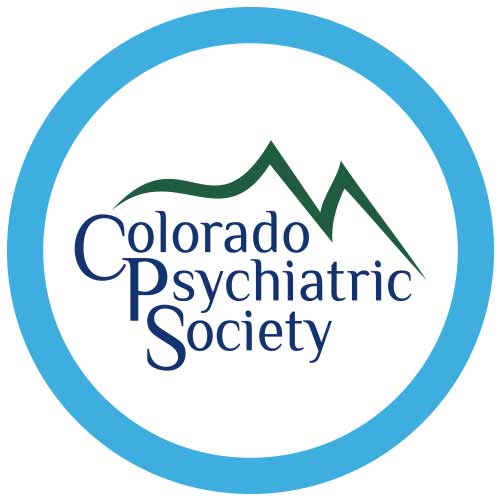What is a psychiatrist?A psychiatrist is a physician who specializes in the diagnosis, treatment and prevention of mental, emotional and behavioral disorders. Psychiatrists are medical doctors (M.D. or D.O.) who specialize in mental health, including substance use disorders. Psychiatrists are trained to prescribe medications, provide various forms of psychotherapy, psychosocial interventions and other treatments, depending on the needs of each patient. As physicians, psychiatrists are able to prescribe medication and can also order or perform medical laboratory and psychological tests that provide a comprehensive profile of a patient's physical and mental state. Because of their extensive medical training, psychiatrists understand the body's functions and the complex relationship between emotional illness and other medical illness. Psychiatrists are qualified to assess both the mental and physical aspects of psychological problems. People seek psychiatric help for many reasons. The problems can be sudden, such as a panic attack, frightening hallucinations, thoughts of suicide, or hearing voices. Or they may be more long-term, such as feelings of sadness, hopelessness, or anxiousness that never seem to lift, or problems functioning that cause everyday life to feel distorted or out of control. What training do psychiatrists receive?Like all medical doctors, psychiatrists must complete an undergraduate college education and four years of medical school. After receiving an M.D. or D.O. degree and taking a written examination for a state license to practice medicine, a physician must complete an additional 4 years of training in general psychiatry, which includes supervision by senior physicians and instruction in many aspects of psychiatric assessment, diagnosis and treatment. The first year of residency training is typically in a hospital working with patients with a wide range of medical illnesses. The psychiatrist-in-training then spends at least three additional years learning the diagnosis and treatment of mental health, including various forms of psychotherapy and the use of psychiatric medications and other treatments. Training takes place in in-patient, out-patient, and emergency room settings. After completing residency training, most psychiatrists take a voluntary written and oral examination given by the American Board of Psychiatry and Neurology to become a "board certified" psychiatrist. They must be re-certified every 10 years. Many psychiatrists also seek additional training in adult psychiatry, psychoanalysis, child and adolescent psychiatry, addiction psychiatry, geriatric psychiatry, forensic (legal) psychiatry, emergency psychiatry, administrative psychiatry or psychiatric research. |


